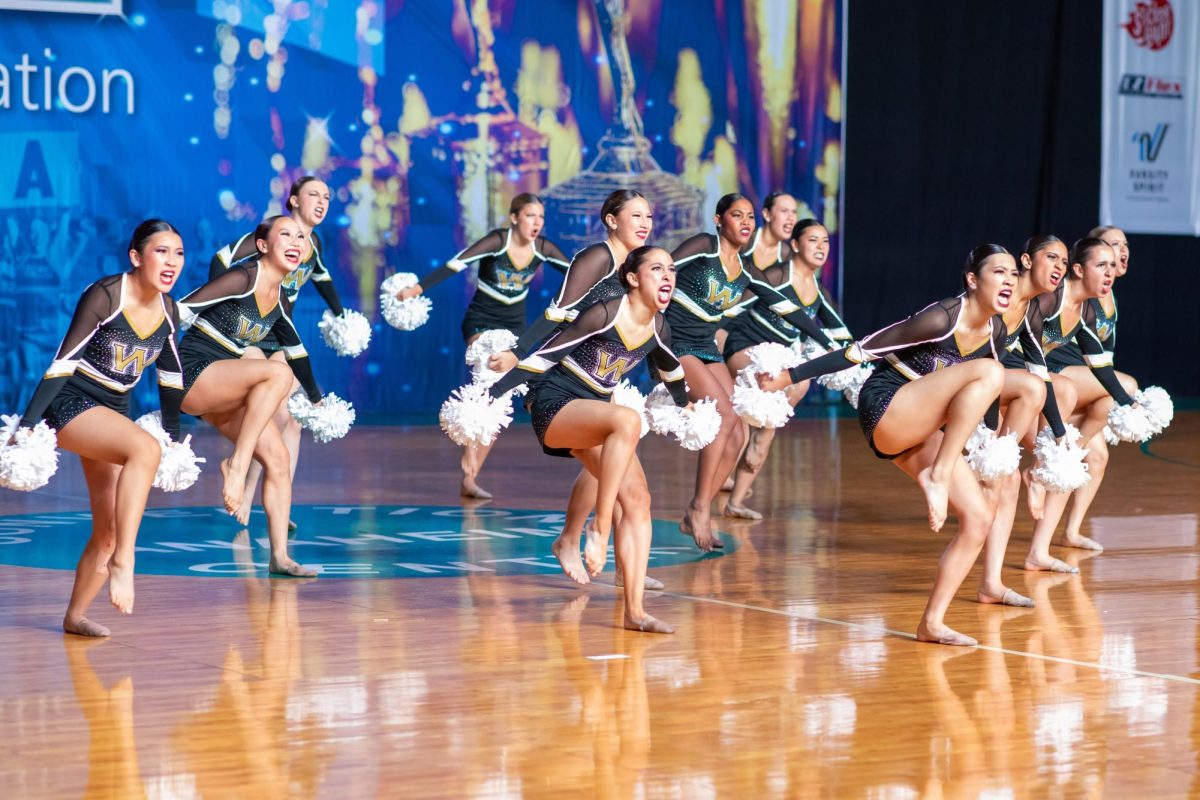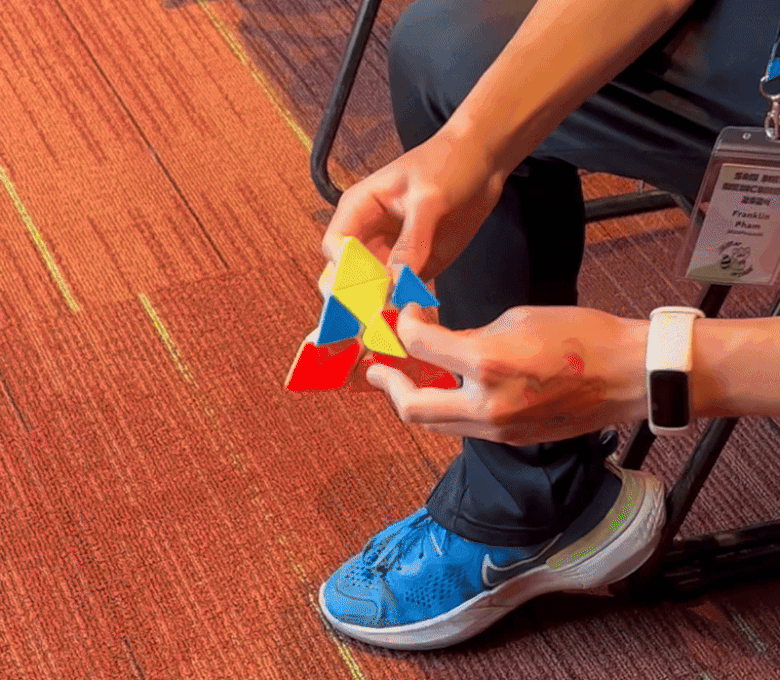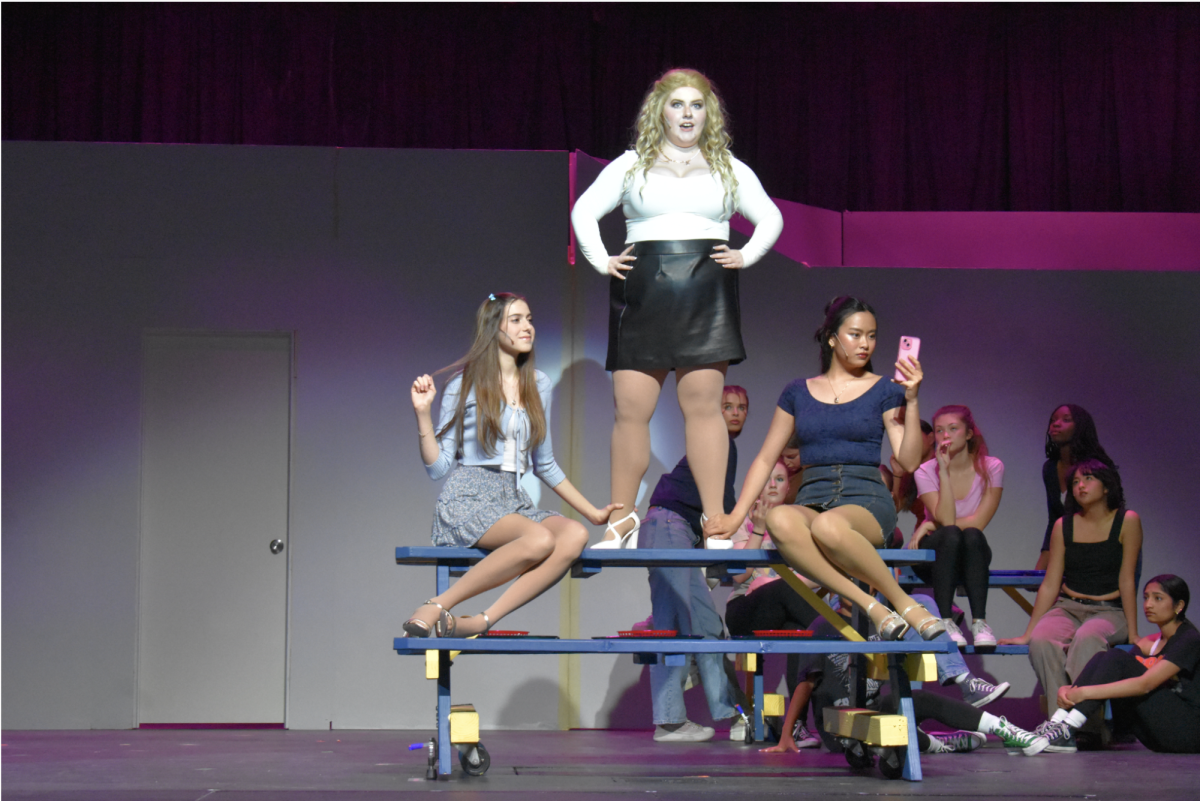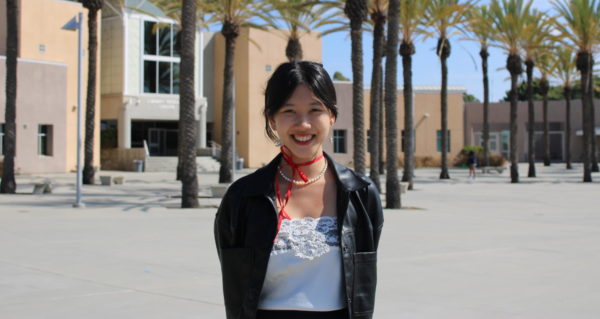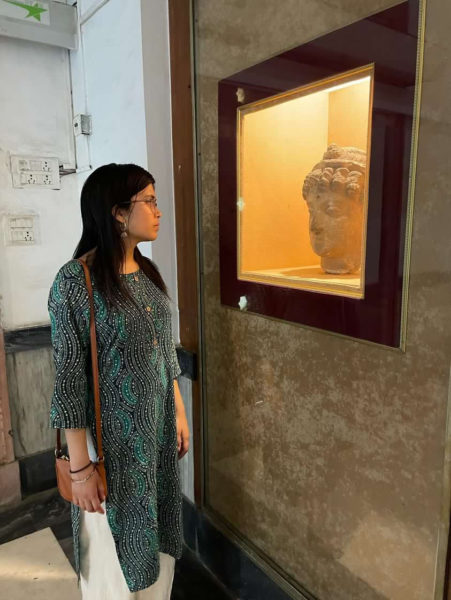
Thousands of miles away from the suburbs of San Diego, having traveled for 15 hours over land and ocean alike, Nirja Trivedi (12) found herself in the crowded, metropolitan city of Dwarka, India, June 26. There were high-rise buildings, intense humidity, and foreign street signs surrounding her. Clutching her suitcase in her hands, she took a deep breath, taking a step forward into what would be her life for the next six weeks.
Alongside 14 other students, Trivedi participated in a foreign exchange program over the summer. Sponsored by the US State Department’s National Security Language Initiative for Youth (NSLI-Y), it is a program created after 9/11 that provides full-ride scholarships for students to go to different countries and learn about their native language and culture.
For Trivedi, this seemed to be the perfect opportunity. In her studies of international relations and foreign policy, she felt as though the key to strengthening international relations was becoming more knowledgeable about other countries—the exact experience the program provided. Once she saw India on the list, Trivedi knew she had to take the opportunity.
“I’m very American, having been brought up with the American education system and American democratic values, but at the same time, I am of Indian origin,” Trivedi said. “So, I feel like it would be like combining two halves of me if I could work in a US-India international relations space. This program would be the start of achieving that goal. I would get to learn about Indian culture, politics, and especially, the language, Hindi.”
After an intensive application process with 3 essays, Trivedi was chosen. Each of the students would be staying with a different host family and adopting their lifestyles.
“We’re living in their homes, eating with them, riding the bus to school with them; we’re basically a part of their family,” Trivedi said.
Her host family consisted of five members: a host mother, father, sister, brother, and grandfather. Trivedi adjusted to their schedule quite quickly, her daily routine mirroring her two siblings’, including heading to school with them on the weekdays.
“I woke up around 6 a.m. and got ready,” she said. “[Each one of the foreign exchange students] comes to school differently according to what their host family does. Since my host sister and brother took the bus at 7:15, so did I. I usually walked to the bus stop, or my host dad took me on his motorbike, which is very common. ”
From the bus stop, it’s around a 45-minute ride through Dwarka. Since there is no AC, the bus provides no protection against the intense humidity outside. Regardless, it was one of Trivedi’s favorite parts of the day.
“I mean, the heat is brutal,” she said. “But, to me, it’s just so calming and relaxing on the bus. They play Hindi music, which is really nice, and it’s so fun to look out the window. It’s so green here, and though you can see it’s a big, crowded city, there’s beauty in the chaos.”
After arriving at school, Trivedi and the other foreign exchange students attended specific classes and activities tailored to them. They were taught a variety of subjects relating to India: its traditions, politics, government, culture, food, art, and more.
Hindi, a language spoken in much of India, was also a subject in Trivedi’s classes.
“We had Hindi class from 9 to 11,” she said. “I’ve only really learned how to read Latin languages like Spanish and English but now I can write and read in the entire Hindi alphabet. I’ve just never written characters like that before.”
The best way to learn, Trivedi found, was to interact with her peers during school and her host family.
“You are forced to talk in Hindi all the time,” she said. “It’s not like a Spanish class, where you only learn for about an hour. t’s speaking all day for six weeks. It’s pretty intensive, but it helps you learn the language so much quicker. My host siblings also taught me all the slang they use, so it really wasn’t like learning from a textbook. I learned how to speak like an actual local.”
Trivedi was able to further witness the schools’ traditions and customs firsthand, some of which were quite the culture shock for her.
“When the kids leave the school here, they touch the principals’ feet as a sign of respect,” Trivedi said. “It’s very interesting.”
School as an institution is extremely different in India as well, Trivedi said. The majority of the Indian school-age population attends private schools, just like the one Trivedi did. She wore a uniform and had to abide by strict regulations, such as not having colored hair or nails, and not being able to wear earrings. Academics were similarly rigorous.
“It’s very competitive going to school in India,” Trivedi said. “Right after school, a lot of students, from 4 to 9, have these coaching lessons, where they just [study]. It’s basically like studying for the SATs but on steroids, and instead, they are preparing for college entrance exams.”
After school for Trivedi consisted of going home by bus again at around 2:30 and taking some time to complete the small amount of homework that her classes assigned. Then, she spent time with her host family for the rest of the evening by perhaps going out to the local shops and stores right next to her house and eating dinner with them.
Trivedi described how it was slightly awkward at first for the first couple of weeks.
“I had gotten my host sister’s phone number beforehand, so we were able to get to know each other a little bit,” she said. “But, with my host parents, it was a little more awkward than talking with someone your age, especially with the language barrier.I felt shy to talk to them and at first I communicated through my host sister, translating things back and forth.”
But as Trivedi spent more time with them, she became much less reserved and felt extremely comfortable chatting and spending time with her host family.
“Now, I’m like, ‘Oh my god, this is my family’,” Trivedi said. “We’re cracking jokes now, laughing together and when my host Mom comes from work, we talk for like half an hour to an hour just about everything.”
Among the many opportunities she was provided, like being able to create meaningful relationships or go to school, Trivedi was also able to, on the weekends, sightsee, experience many parts of India, and meet many different people.
“Public transportation is amazing here,” Trivedi said. “We were able to go to so many places, like the Taj Malah or beautiful temples. The architecture here is just so amazing and everywhere we went, everyone was so welcoming and kind. ”
But, there were also some intense moments where she got to witness Indian politics.
“While I was there violent protests took place in Gurugram which is about 45 minutes from where I was staying,” Trivedi said. “They were Hindu Muslim protests and they were allegedly egged on by some politicians. I really got a sense for how religion plays an important role in Indian politics.”
Trivedi said she was also able to meet a member of the Indian National Congress, which is the opposition political party. But not only was she able to experience politics here, she got a sense of how people perceive the US.
“It was interesting to hear about Indian perceptions of Americans,” she said. “The first question people had for us was if we had ever experienced a school shooting. And, they mostly only knew about one political figure, which was Trump, and they disliked him.”
As her trip came to an end, Trivedi was unable to pick out her fondest memories. She said she treasures every single experience that these six weeks gave her.
“I came here just expecting to learn about the culture, politics, and way of life,” Trivedi said. “But, I think I actually changed as a person. I’ve become so much more confident, open-minded, and independent. The program offered much more outside of just international relations. On a fundamental level, it teaches you cultural appreciation and pulls you out of your comfort zone. I think no matter who you are, what major you are thinking of going into, there will be something for you in traveling to a different place and learning about their culture.”


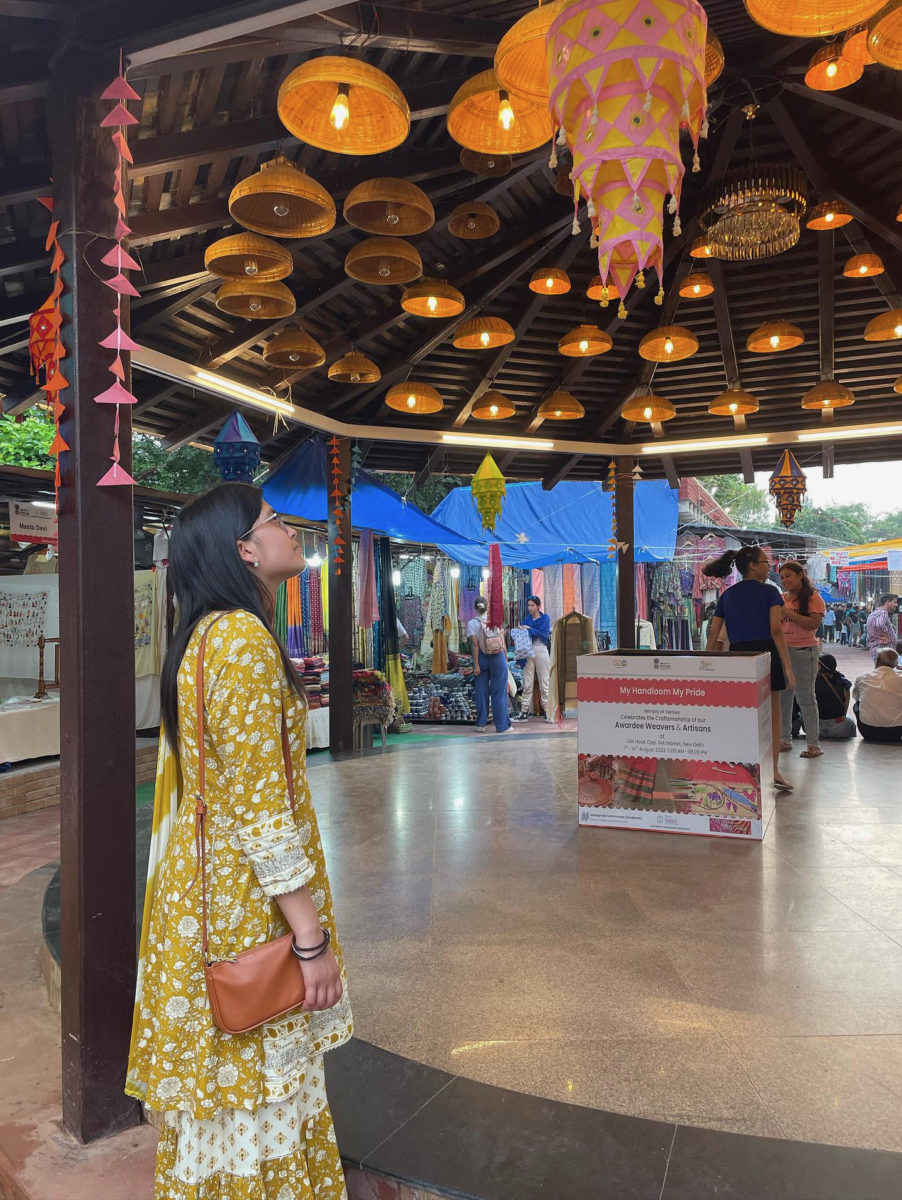
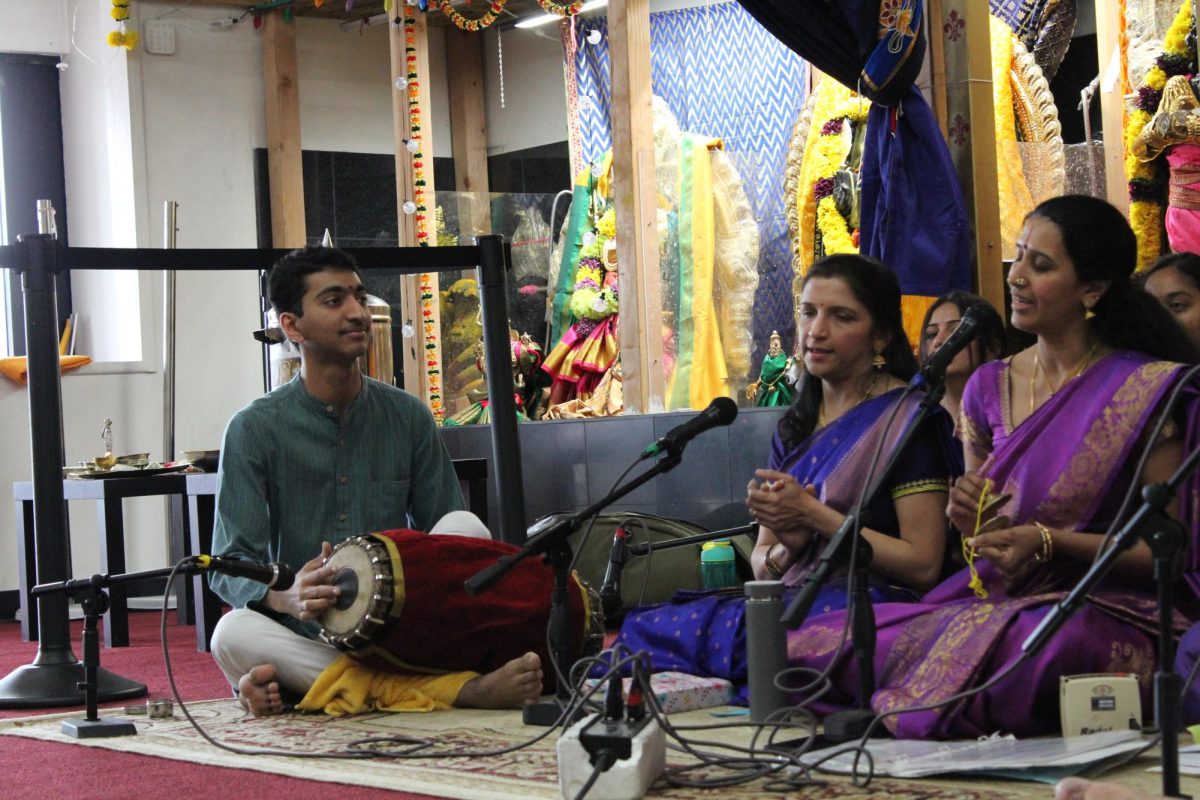
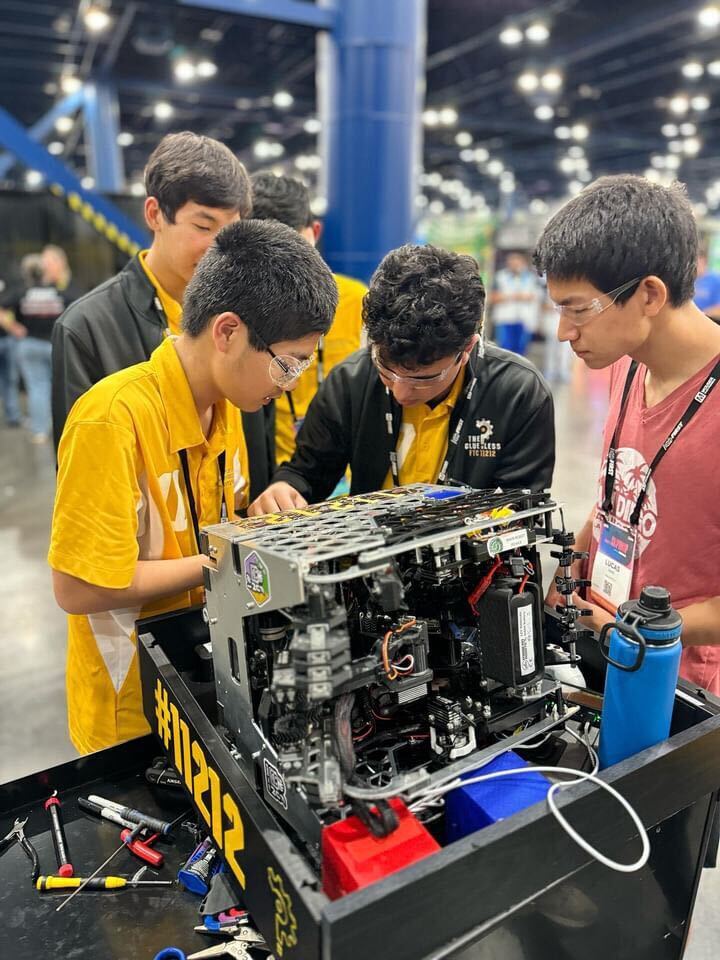
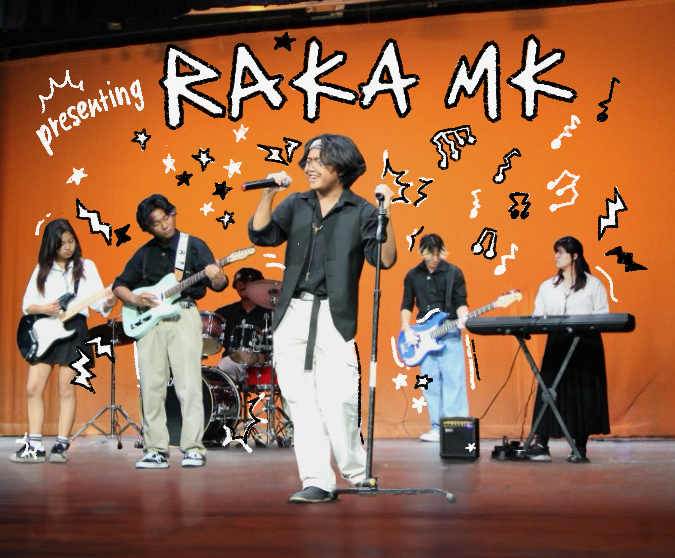
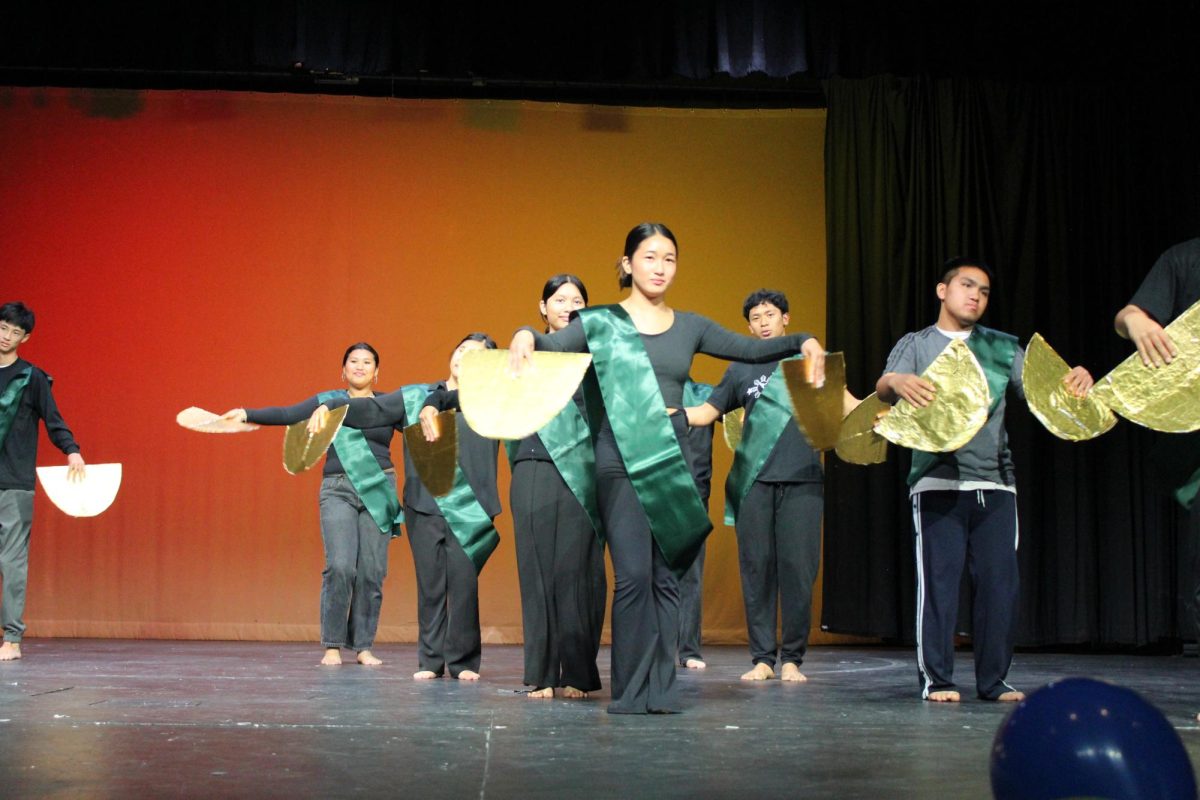

![Kamila Nava (11) [right] and Alexi Stysis (11) run at Torrey Pines State Beach, April 27. Nava enjoys going for runs outdoors and tries to run in nature as frequently as possible.](https://wvnexus.org/wp-content/uploads/2024/05/DSCF2398-e1714686258569-800x1200.jpg)

